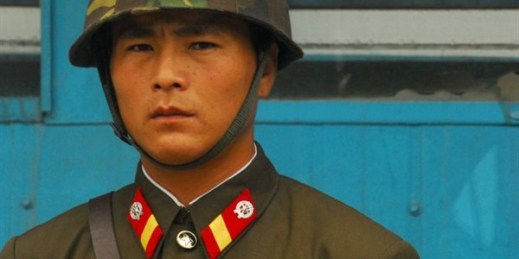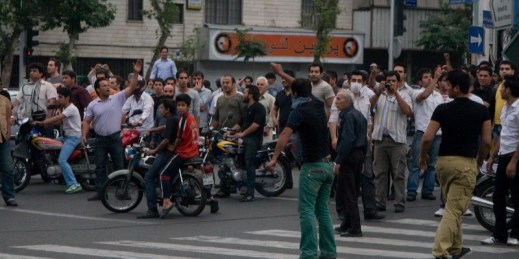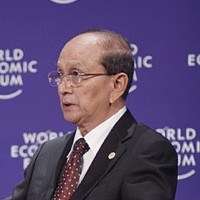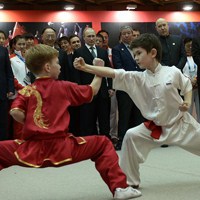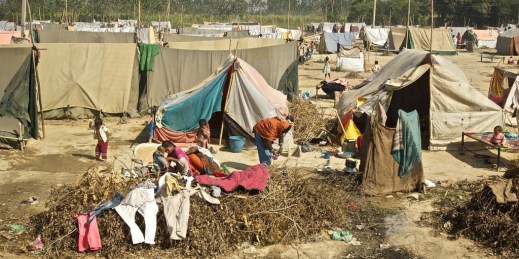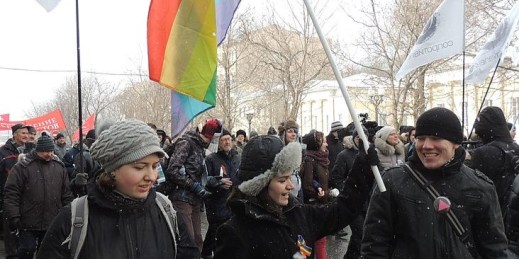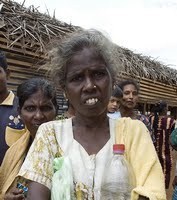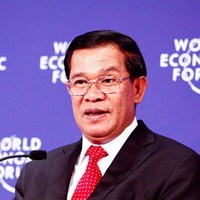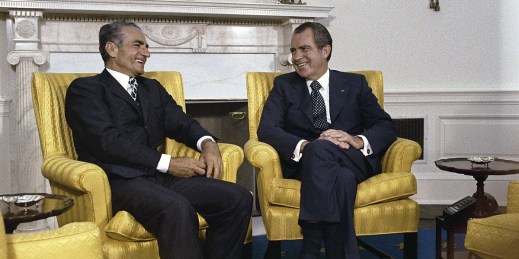
Every day seems to bring news of another nation slipping into political crisis. With Libya, Syria, the Central African Republic, Egypt and a host of others still not close to restoring stability, Venezuela and Ukraine have followed them into chaos. It’s hard to know what nation will next fall off the cliff, but it’s a sure bet that some will. Democratization was the most important strategic megatrend of the 1990s, but today it has been dethroned by pervasive, persistent and deep political turbulence, as both old dictatorships and new democracies prove unable to meet the mounting demands of a young […]



